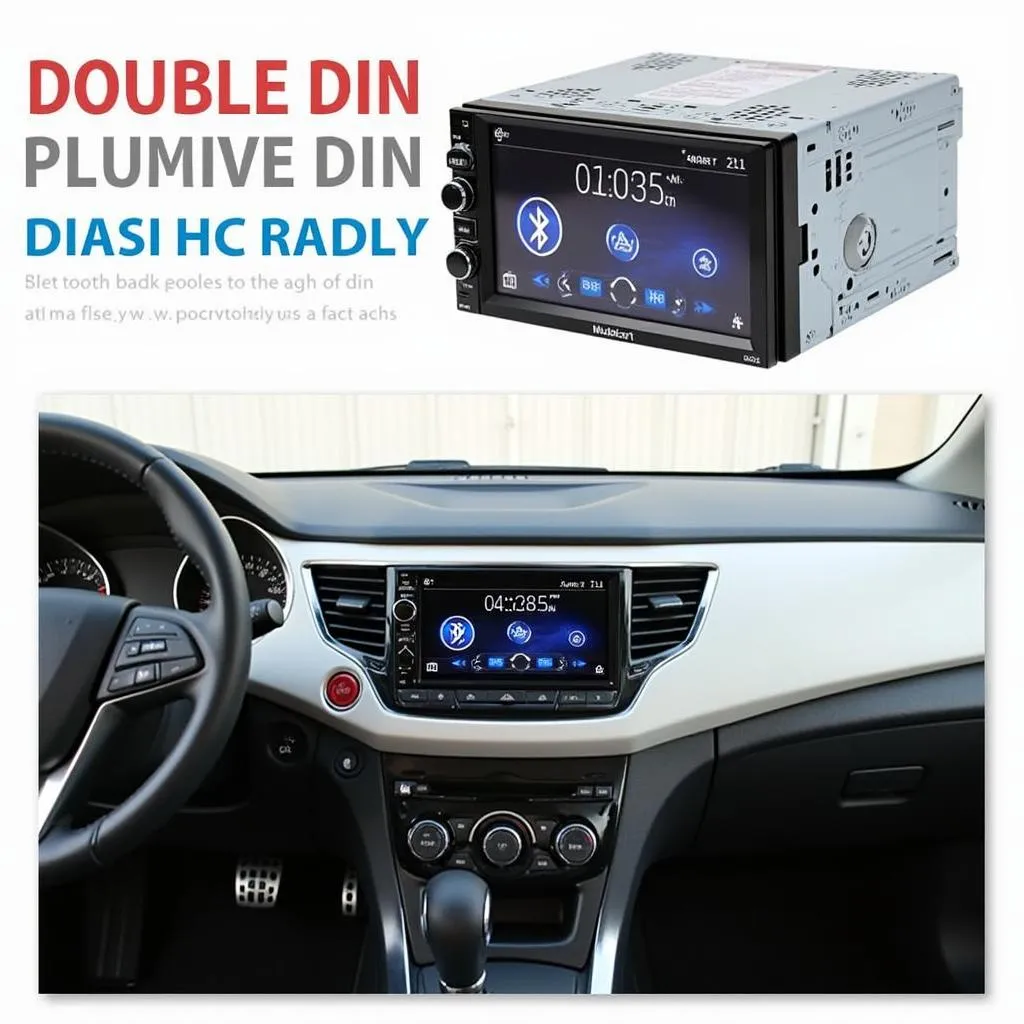The 2009 Mitsubishi Lancer is a reliable car, but like any vehicle, it can experience problems. One common issue that Lancer owners face is the brake warning light coming on. This can be a frustrating and potentially dangerous issue. It’s important to understand why the brake warning light is on and how to troubleshoot the problem.
Why is My Brake Warning Light On?
There are several reasons why your 2009 Lancer’s brake warning light might be illuminated. These include:
- Low brake fluid: The most common cause of a brake warning light is low brake fluid. When the brake fluid level drops below a certain point, the sensor in the master cylinder will trigger the warning light.
- Faulty brake pad sensor: Each brake pad has a sensor that signals when the pad is worn down. If this sensor is faulty, it can trigger the warning light, even if the brake pads still have some life left in them.
- Faulty brake light switch: This switch is located on the brake pedal and tells the brake lights to illuminate when the pedal is pressed. If the switch is faulty, it can trigger the brake warning light.
- Faulty parking brake: A faulty parking brake can also trigger the brake warning light. This is because the parking brake is connected to the brake system.
- Electrical issue: In some cases, an electrical issue, such as a short circuit or a faulty wire, can cause the brake warning light to come on.
Troubleshooting the Brake Warning Light
Here are some steps you can take to troubleshoot a brake warning light on your 2009 Lancer:
- Check the brake fluid level: The first step is to check the brake fluid level in the master cylinder. The master cylinder is located under the hood of the car, near the firewall. It should be filled to the “Full” line. If the fluid level is low, you need to add more brake fluid.
“It’s important to use the correct type of brake fluid for your vehicle. Check your owner’s manual for the recommended type of brake fluid.” – John Smith, Master Mechanic
- Inspect the brake pads: You can visually inspect the brake pads to see if they are worn down. If the brake pads are worn down, you will need to replace them.
“If you’re not comfortable inspecting your brake pads yourself, it’s best to take your car to a mechanic for a professional inspection.” – Sarah Johnson, Certified Automotive Technician
- Check the brake light switch: You can test the brake light switch by pressing the brake pedal and seeing if the brake lights turn on. If the brake lights don’t turn on, the brake light switch may be faulty and needs to be replaced.
- Check the parking brake: Make sure the parking brake is not engaged. If the parking brake is engaged, it can trigger the brake warning light.
- Check for electrical issues: If you suspect an electrical issue, you can use a multimeter to check for continuity in the brake light circuit. If you find a broken wire or a short circuit, you will need to repair or replace the damaged wiring.
When to Take Your Car to a Mechanic
If you’ve tried the above steps and the brake warning light is still on, it’s time to take your car to a mechanic. A professional mechanic will be able to diagnose the problem and make the necessary repairs.
FAQ
Q: Can I drive my car with the brake warning light on?
A: It’s not recommended to drive your car with the brake warning light on. The brake warning light is a serious warning and should be addressed as soon as possible.
Q: Is it safe to drive my car with low brake fluid?
A: It’s not safe to drive your car with low brake fluid. Low brake fluid can lead to brake failure.
Q: How much does it cost to fix a brake warning light?
A: The cost to fix a brake warning light can vary depending on the cause of the problem. If it’s just low brake fluid, it will be a relatively inexpensive fix. However, if the brake pads or brake light switch need to be replaced, it will be more expensive.
Q: How often should I check my brake fluid?
A: It’s a good idea to check your brake fluid level at least once a month. You should also check it after any hard braking or if you suspect a leak.
By understanding the potential causes and troubleshooting steps, you can tackle a 2009 Lancer brake warning light effectively. Remember, when in doubt, consulting a professional mechanic is always the best course of action.

